What is GDEIB?
Global Diversity, Equity & Inclusion Benchmarks (GDEIB) are the standards for organizations round the world. The GDEIB helps organizations determine strategy and measure progress in managing diversity and fostering inclusion.
GDEIB authors are the copyright holders and owner of the GDEIB – Nene Molefi, Julie O’Mara, and Alan Richter. All users of the Global Diversity, Equity and Inclusion Benchmarks (GDEIB) Standards are recommended to visit www.globaldeibenchmarks.org.
GDEIB & Global Expert Panelist
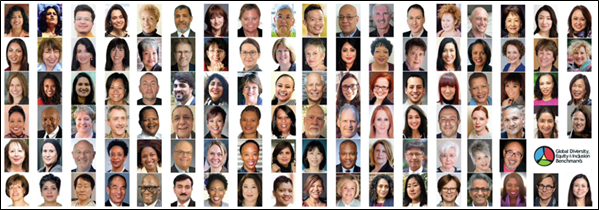
How GDEIB Supports Sustainable Development Goals 2030?
The 2030 Agenda for Sustainable Development contains 17 Sustainable Development Goals (SDGs) with 169 targets. It expands the integration of environmental, social, and economic policies and raises the bar on the role that all types and sizes of organizations in various sectors should play in supporting the global sustainable development agenda. It mentions and supports workplace D&I and describes People, Planet, Prosperity, Peace, and Partnership as its focus.
While many would make the case
that all 17 goals support D&I, here are six goals that are especially
consistent with the GDEIB Categories and Benchmarks:
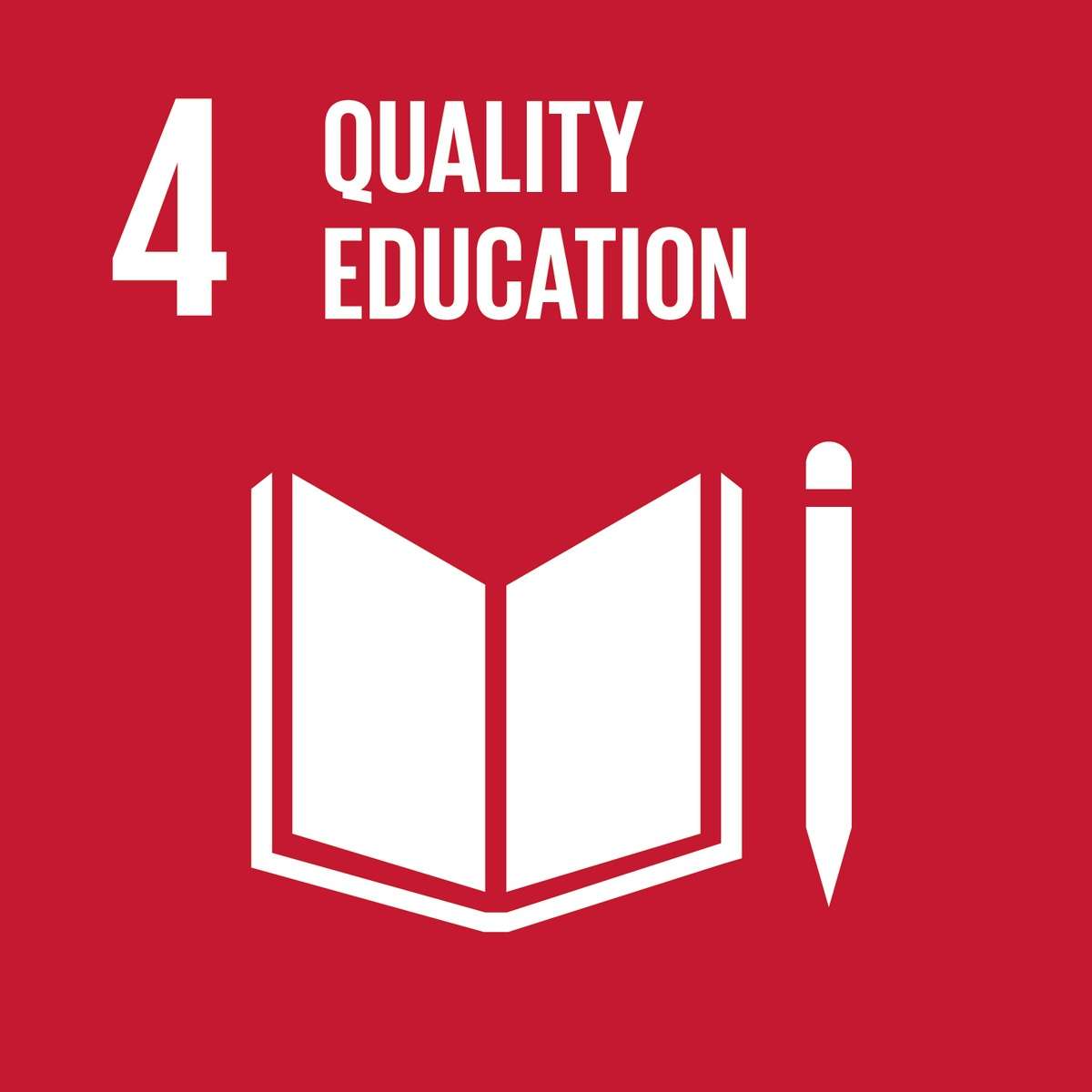
SDG 4: Quality Education
Ensure inclusive and equitable quality education and promote lifelong learning opportunities for all.
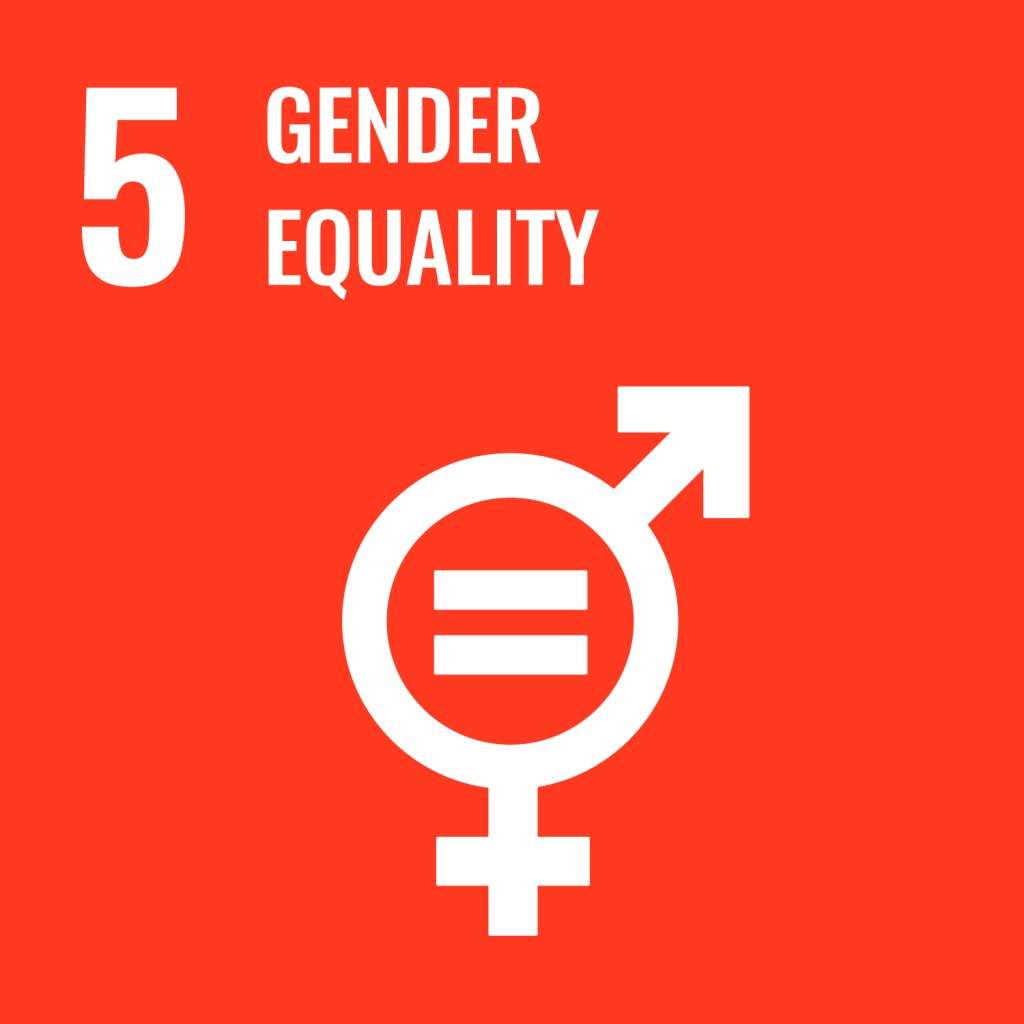
SDG 4: Quality Education
Achieve gender equality and empower all women.
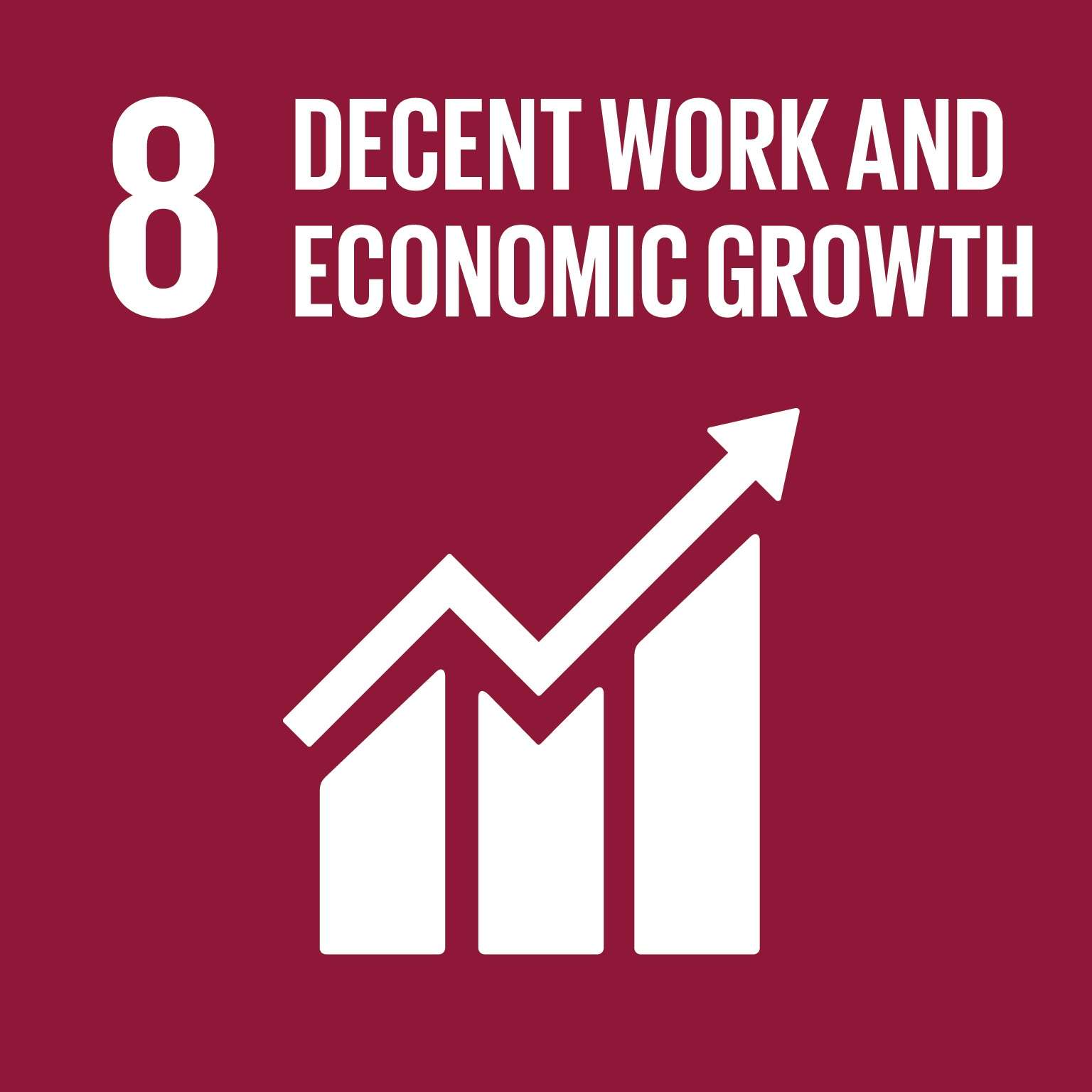
SDG 8: Decent Work and Economic Growth
Promotes sustained, inclusive, and sustainable economic growth, full and productive employment, and decent work for all.
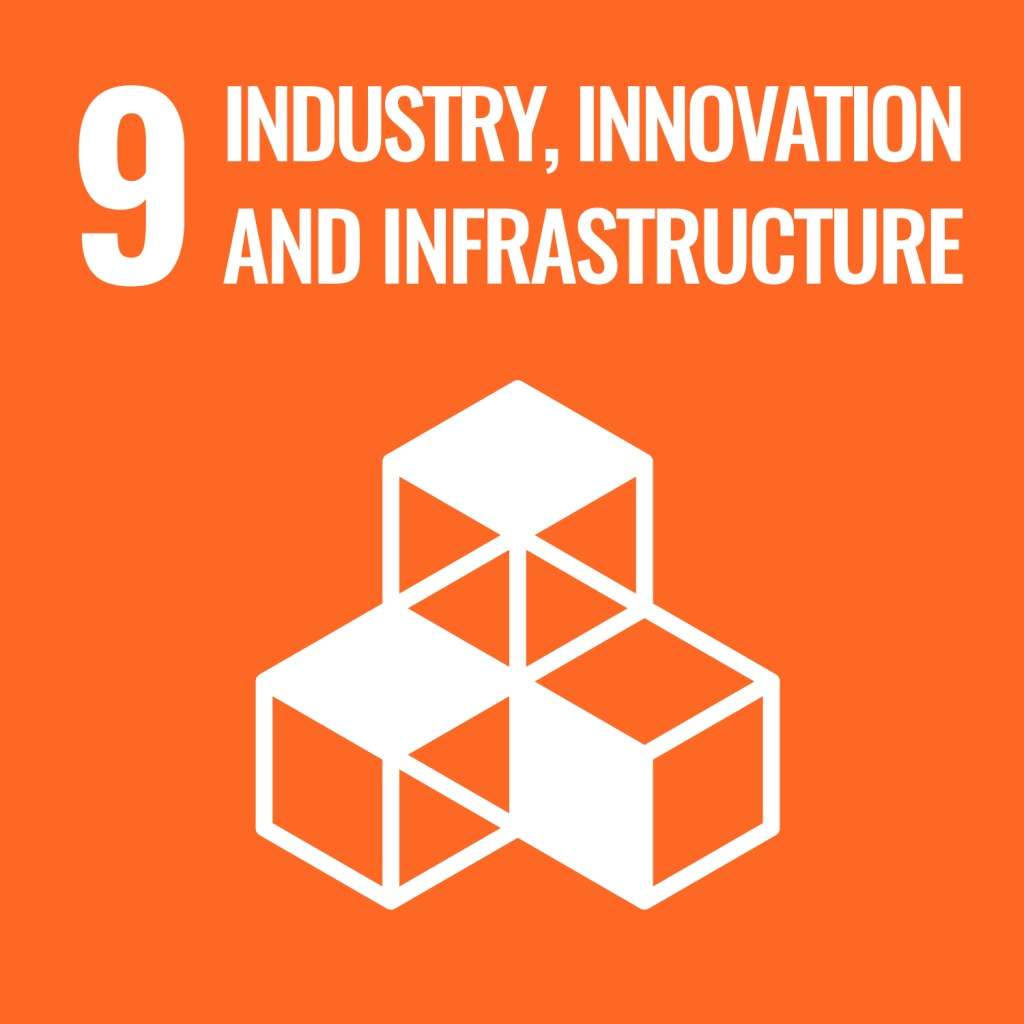
SDG 9: Industry, Motivation and Infrastructure
Build resilient infrastructure, promote inclusive and sustainable industrialization, and foster innovation.
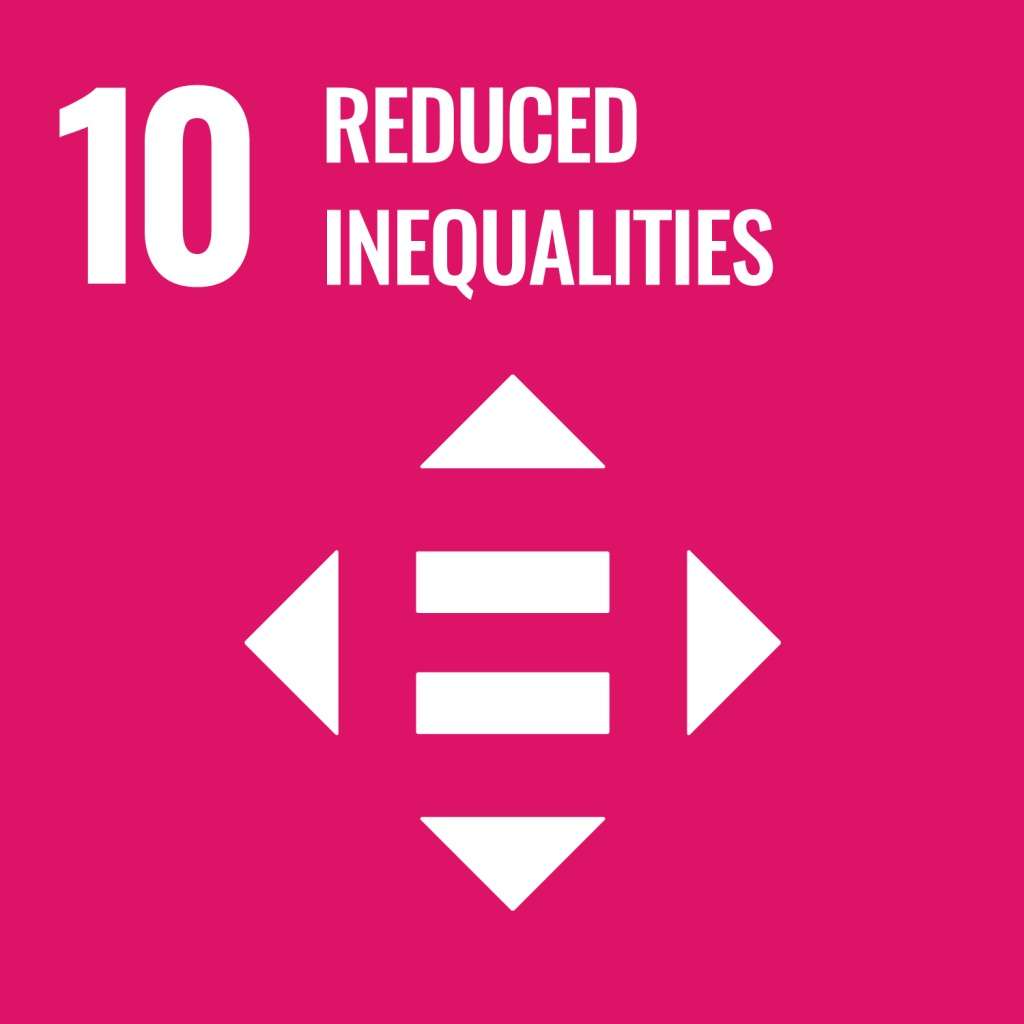
SDG 10: Reduce Inequalities
Reduce inequality within and among countries.

SDG 16: Peace, Justice and Strong institutions
Promote peaceful and inclusive societies for sustainable development, inclusive institutions at all levels.
sustainability initiatives
An increasing number of organizations around the world have made commitments to sustainability and are engaged in sustainability initiatives. Aligning D&I initiatives with sustainability efforts will strengthen both the sustainability initiative and the D&I initiative, resulting in more focused use of resources and the ability to achieve goals.
Ultimate Goals of GDEIB
GDEIB Standards help creating more equitable and better functioning organizations, confronting racism, sexism, and all forms of oppression, cultivate trust, acceptance, physical and psychological safety, lead inclusively, respond with agility, and thrive though disruption, promote wellness and self-care as ingredients for lasting change and contribute to creating a sustainable world. GDEIB awards is a mechanism to recognize and encourage progressive organizations who use GDEIB standards to align D&I with organizational policies for sustainable financial and social performance.
Ultimate Benefits of GDEIB
Contribute to the greater good of society
- Create a world which is fair and just and respectful of individuals and their similarities and differences;
- Create a world where everyone can sustain a high quality of life and enjoy peace and prosperity.
Usage in Organization
- To assess the current state of D&I;
- Realize the depth, breadth, and integrated scope of D&I practices;
- To set and stretch standards and agree on your desired state;
- Determine strategy;
- To determine short-term and long-term goals;
- To engage employees;
- To measure progress;
- To assist in hiring D&I staff & consultants;
- Measure progress in managing diversity and fostering inclusion.
Improving Organizational Performance
A well-designed and well-executed D&I strategy can help an organization:
- Achieve its organizational vision, mission, strategy and annual goals/objectives;
- Attract and retain diverse talent;
- Build strong and high-performing teams;
- Cultivate leaders who inspire inclusion and champion diversity;
- Leverage an extensive range of backgrounds and skills to enhance creativity, innovation and problem solving;
- Increase engagement, motivation, and productivity;
- Improve the quality of work/life integration;
- Enhance the organization’s reputation/brand as an employer of choice;
- Minimize risk/exposure and ensure compliance with legal requirements;
- Sustain an environment that treats people fairly.
